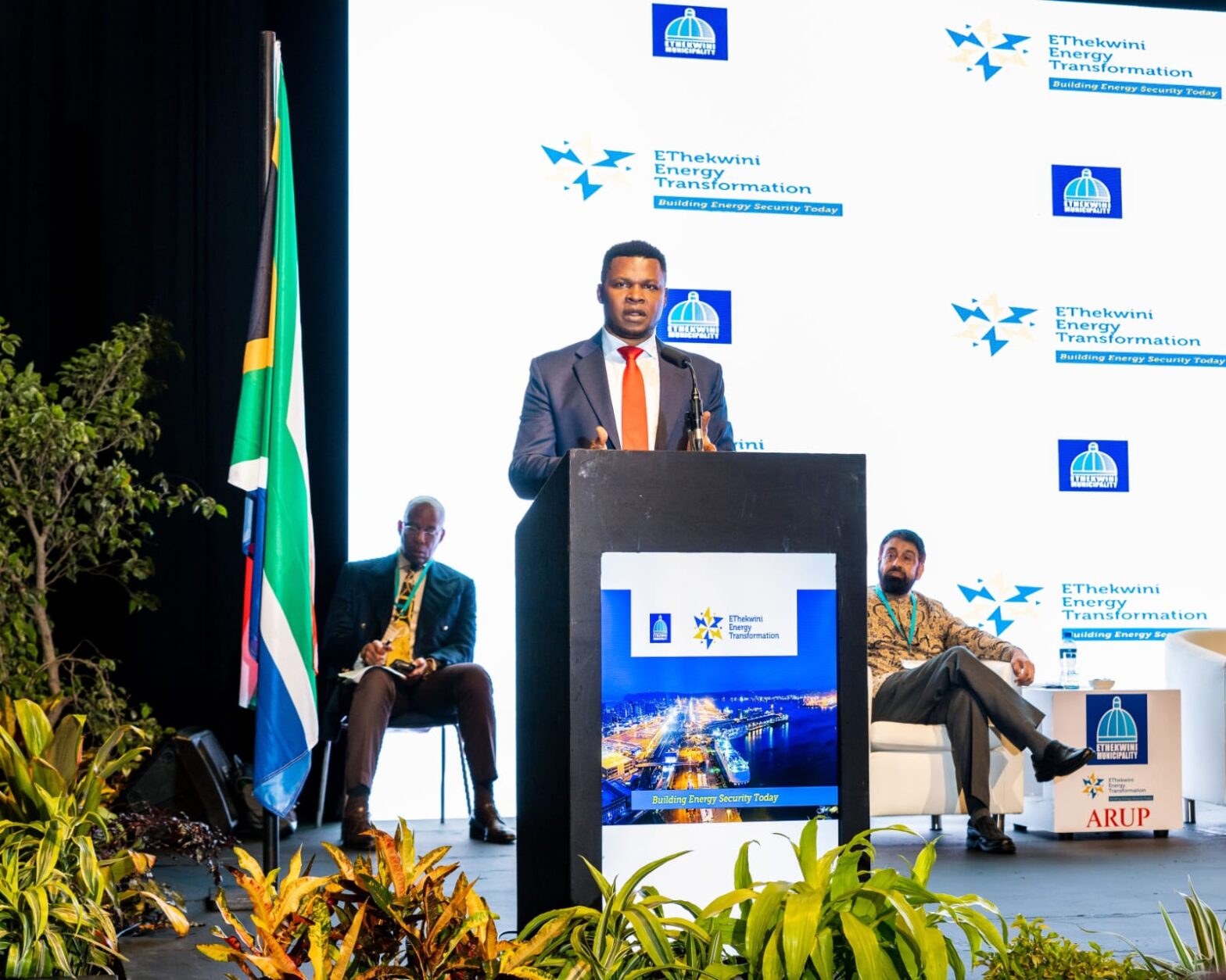
Global supermajors seeking chances for oil and gas development are attracted to Angola by its six-year license process
Angola’s national concessionaire, the National Oil, Gas & Biofuels Agency (ANPG), initiated a six-year licensing round that has been a key component of the nation’s plan to attract in and tie up significant investments for its oil and gas industry. The licensing cycle, which has up to 55 blocks available, overall, is intended to provide competitive Angolan operators and IOCs with frequent, transparent chances to investigate and take advantage of the nation’s oil and gas potential.
ANPG CEO and Chairman Paulino Jerónimo met with the African Energy Chamber (AEC), led by Executive Chairman NJ Ayuk, last week in Launda as part of a working visit to the nation. The AEC represents the voice of the energy sector in Africa.
The parties talked about the steps being taken to improve the nation’s favorable climate as well as the significant effects of the current multi-year licensing period. The ANPG has made significant progress in attracting international investment in production and exploration in keeping with national goals to boost oil output and promote long-term economic growth. The AEC applauds the regulator’s efforts and thinks the groundwork has been set for industry-wide growth.
The industry’s recent developments highlight the significance of licensing reform and marketing. Twelve blocks in the Kwanza and Lower Congo basins were up for grabs during the nation’s 2023 licensing round, which was wrapped up by the ANPG in January 2024.
53 offers were filed, according to the regulator, indicating the level of interest in the nation’s area. The request for proposals highlighted the development of contractor groups for the onshore blocks and the requirements for operator status, inviting participation from both domestic and International firms.
The ANPG is getting ready for the upcoming cycle of the licensing program, which should encourage additional collaborations and investments and provide more chances for interested parties to profit from Angola’s proven reserves. Launched in 2025, the round will have 10 blocks in the Kwanza and Benguela basins.
The ANPG, however, is aggressively encouraging production and development in the frontier Namibe basin because it is confident in its mature prospects and discovered leads across blocks and open areas.
Energy giant ExxonMobil is to spend $200 million investigating Blocks 30, 44, and 45 in the Namibe Basin. By late 2024, the corporation hopes to drill an offshore frontier exploration well in this area in collaboration with NOC Sonangol.
Additionally, the ANPG’s extensive operational scope includes overseeing more than 40 operational concessions across Angola, with 16 currently in production across various offshore and onshore categories.
There are six in deep water, two in ultra-deepwater, five in shallow water, and three onshore. Numerous concessions, including 14 onshore blocks, one in shallow water, 11 in deep water, and one in ultra-deepwater, are being explored in addition to the producing activities.
For four deep-water concessions, further development work is still in progress. There are seven impending concessions in the pipeline of upcoming prospects. In addition, three deep-water blocks (24, 49, and 50) and four onshore blocks (in the Kwanza and Lower Congo basins) are the subject of ongoing negotiations about concessions.
This wide range of concessions for operations, exploration, and development shows how Angola’s oil and gas industry has a lot of potential and is now seeing active investment.
There are several strong reasons why investing in Angola’s energy sector is a strategic opportunity. The country has a proven track record of productive exploration and production in both onshore and deepwater areas.
With a success record of more than 30% in its oil and gas chances, Angola is the second-largest oil producer in sub-Saharan Africa and is regarded as one of the top five most desirable nations in the world for oil and gas investments.
Its investor base is diverse, as seen by the existence of competitive operators like Afentra and Etu Energias alongside big IOCs like Chevron, TotalEnergies, Azule Energy, and ExxonMobil. Moreover, the possibility of forming alliances with other IOCs and skilled Angolan operators permits the utilization of local knowledge and assets, promoting reciprocal advantage.
To improve Angola’s investment climate, several legislative amendments have been implemented. The Presidential Legislative Decrees 5/18, 6/18, and 7/18, which deal with exploration, development, and production including natural gas and marginal fields are among the many measures that make up these changes.
Furthermore, Presidential Decree 49/19 appoints ANPG as the regulator of oil and gas activities, while Presidential Decree 91/18 provides guidelines and procedures for abandonment activities.
Moreover, Presidential Decree 249/21 concentrates on permanent offerings, while Presidential Decree 271/20 encourages the creation of local content. Finally, the main plan for awarding petroleum concessions from 2019 to 2025 is outlined in Presidential Decree 52/19.
Mr. Ayuk stated, “Under Jerónimo’s direction, the ANPG’s aggressive strategy for reviving Angola’s oil and gas industry is changing the onshore and offshore exploration and production scene. In addition to improving the nation’s energy security, the regulator’s extensive efforts result in a sizable amount of investment. Ayuk said, “This revitalization is essential for Angola’s economic growth, job creation, and maintaining the country’s competitiveness in the global energy market.”
Nj Ayuk
Centurion Law Group
email us here

